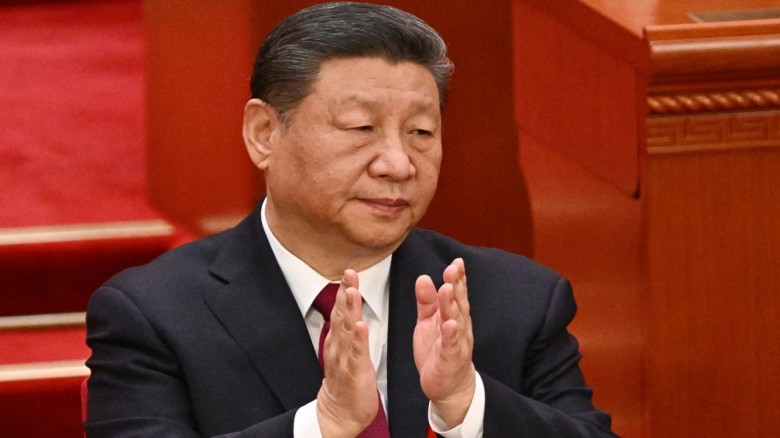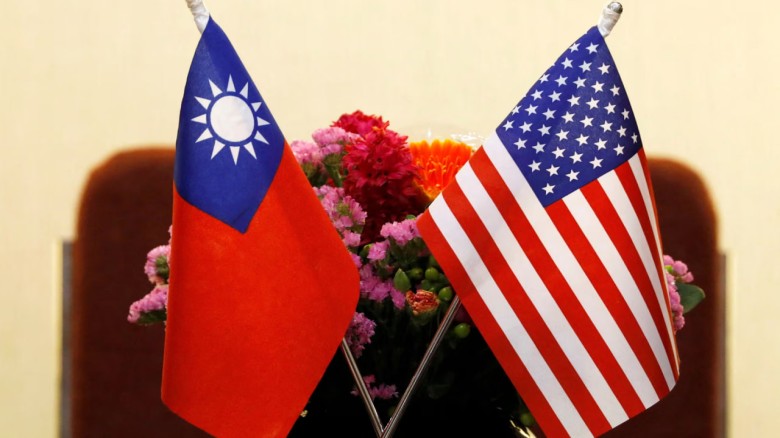Top Australian Universities Shut Down Chinese Confucius Institutes
Six Australian universities have quietly closed Chinese government-affiliated Confucius Institutes amid rising concerns over foreign influence.
A growing wave of scrutiny over China’s overseas influence has led six major Australian universities to close their Confucius Institutes (CIs), education centres established in partnership with the Chinese government. The move comes amid increasing concern that the institutes could be used to promote Chinese government propaganda and monitor Chinese international students.
Confucius Institutes, which offer Chinese language and cultural programs, are presented by Beijing as tools to promote mutual understanding and international friendship. However, critics, including governments and academics across the globe, argue that the institutes serve as extensions of the Chinese Communist Party's influence.
According to a report by the Australian Broadcasting Corporation (ABC), nearly half of the Confucius Institutes previously operating in Australia’s university sector have now been shut down. Despite the closures, seven institutes remain active.
Institutions that have recently ended their partnerships include the University of Melbourne, University of Queensland (UQ), University of Western Australia (UWA), University of New South Wales (UNSW), and the Royal Melbourne Institute of Technology (RMIT). Many of these universities cited disruptions caused by the COVID-19 pandemic as a reason for not renewing their CI contracts.
UNSW stated that it is working on developing its own Chinese studies program and reaffirmed its commitment to fostering "open dialogue" in the context of Australia-China relations. The University of Melbourne, which launched its CI in 2007 through a partnership with Nanjing University, closed the centre in August 2024. A university spokesperson noted that the institution already offers a broad range of Chinese language and Asia-focused courses, and thus found "no additional need to renew" the partnership.
The University of Queensland confirmed its CI closed at the end of its contract in December 2024 and emphasized that it was not under government pressure to do so. RMIT and UWA also confirmed closures, while the University of Adelaide did not directly confirm the status of its institute but stressed it continues to pursue international collaborations, including with China.
Australia's federal government has in recent years signaled opposition to the expansion of Confucius Institutes in the country. It has imposed requirements on universities for greater transparency regarding foreign partnerships and, in some cases, required registration under the Foreign Influence Transparency Scheme.
Human Rights Watch raised alarms in a 2019 report, describing Confucius Institutes as vehicles for Beijing to export censorship and suppress discussion on sensitive political topics. That same year, the ABC reported that applicants for teaching roles at the institutes in Australia were required to demonstrate political loyalty to the Chinese government.
Dr. Jeffrey Gill, a Flinders University academic specializing in the study of Confucius Institutes, said he was unsurprised by the closures, noting that foreign interference concerns were “likely to be one factor.” However, he also questioned the extent of their influence, suggesting that the institutes have had “very little impact” on shaping perceptions of China in Australia or the wider Western world.
The closures mark a significant shift in Australia’s educational and diplomatic engagement with China and reflect a broader trend seen in the United States and Europe, where several universities have also opted to close Confucius Institutes amid rising geopolitical tensions.





































































Leave A Comment